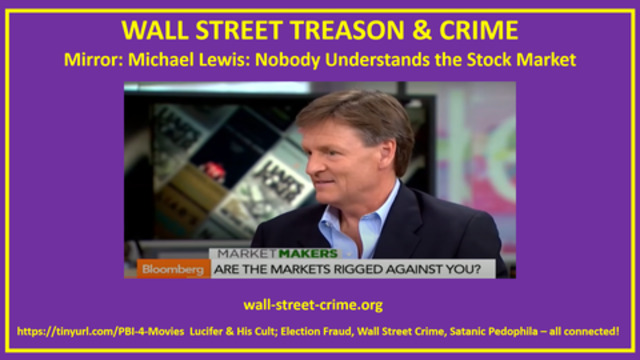Robinhood Restricted-Trading Suits Will Play Out In Florida
Elise Hansen, 02 April 2021
Dozens of lawsuits against stock-trading app Robinhood over its move to block users from buying shares of GameStop and other volatile stocks will be centralized and moved to the Southern District of Florida, the U.S. Judicial Panel on Multidistrict Litigation said.
Panel Chair Karen K. Caldwell said Thursday that even though the suits have varied defendants and legal claims, there’s enough common ground to centralize the cases. Many of the plaintiffs and all of the defendants supported centralization, the order noted. Continue reading “Article: Robinhood Restricted-Trading Suits Will Play Out In Florida”

